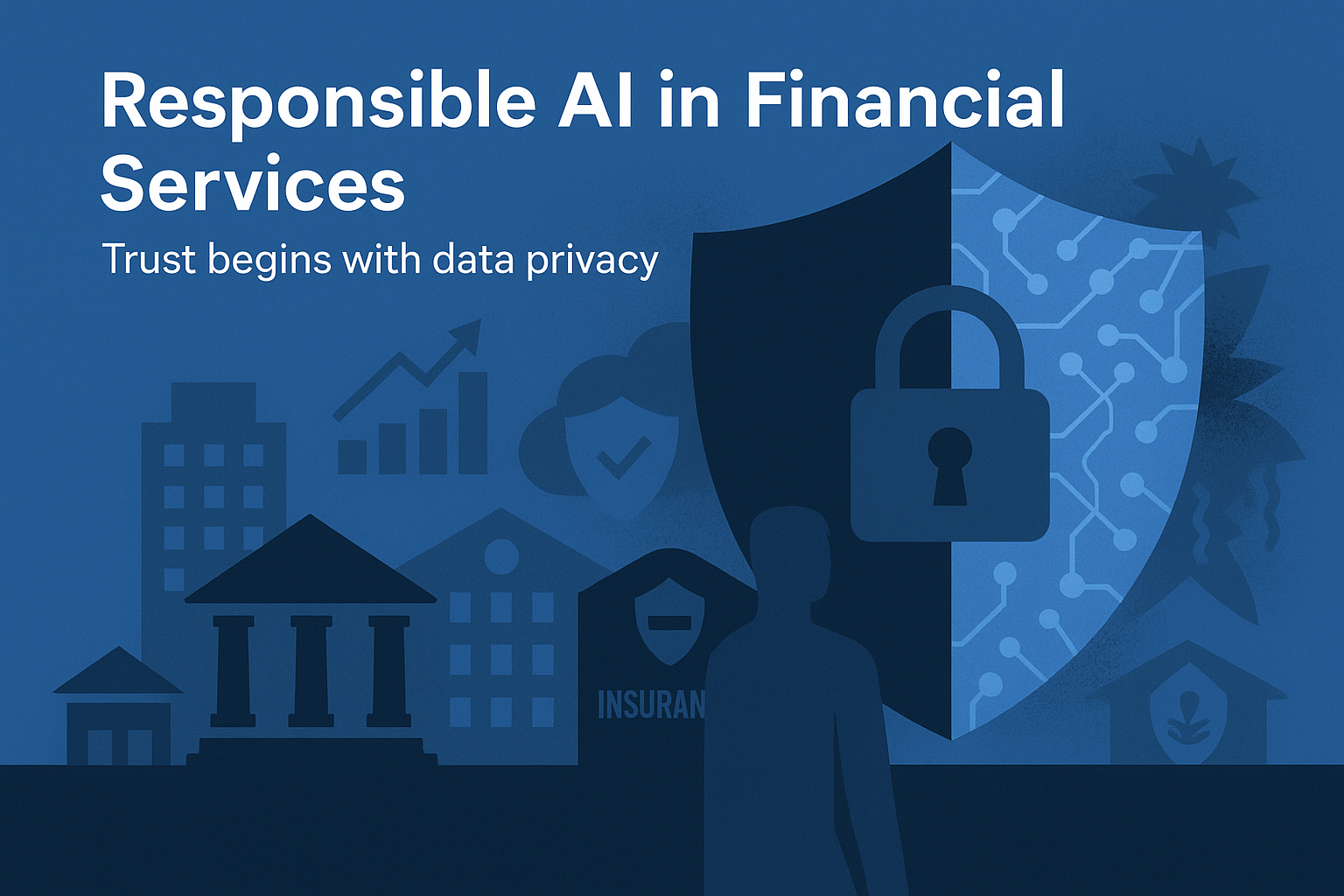DataMasque and Axis Technology Announce Strategic Partnership to Strengthen Data Security and Compliance for Enterprises

[Boston, MA, and Auckland, New Zealand] — DataMasque (www.datamasque.com), an industry leader in data masking and synthetic data solutions, and Axis Technology (www.axistechnologyllc.com), a pioneer in data privacy compliance, today announced a strategic partnership. Axis Technology will serve as a reseller and implementation partner for DataMasque’s proven data privacy software, enabling organizations to safely harness customer data for development, testing, analytics, and AI/ML operations while maintaining rigorous compliance with global privacy regulations. This collaboration unites DataMasque’s advanced sensitive data discovery and masking technology with Axis Technology’s deep expertise in implementing data privacy solutions helping clients meet regulatory requirements. Together, they address a critical market need: delivering synthetically identical, production-realistic data that enables enterprises to accelerate innovation in non-production environments—without compromising security or compliance. “Axis Technology is proud to partner with DataMasque to deliver the leading data masking solution for Cloud applications. DataMasque’s automated, secure, and scalable technology addresses complex data privacy, compliance, and operational challenges, enabling organizations to innovate confidently while protecting sensitive data. Together, we help clients stay ahead of regulations like CCPA and HIPAA, ensuring compliance and accelerating innovation.” — Mike Logan, CEO, Axis Technology “DataMasque’s technology transforms sensitive data into safe, synthetically identical customer data – protecting privacy without limiting how organizations can use it. Our partnership with Axis Technology ensures our clients receive the data privacy implementation expertise they need to meet the highest regulatory standards.” — Grant de Leeuw, CEO, DataMasque About Axis Technology: Axis Technology, LLC is a data privacy leader specializing in the implementation of data privacy solutions, ensuring clients meet regulatory standards. Axis Technology works across industries such as healthcare, finance, and technology to de-identify and protect data seamlessly. With over 20 years of expertise, Axis Technology translates complex U.S. regulations (HIPAA, CCPA, GLBA, and others) and global standards (GDPR) into solutions. The unique approach—masking sensitive data, automating workflows, and proactive risk monitoring—positions them as a trusted partner for navigating evolving privacy laws without compromising innovation. About DataMasque: DataMasque helps enterprises accelerate development, testing, analytics, and AI by providing synthetically identical customer data—without the risk of exposing sensitive information. Our sensitive data discovery and data masking platform makes it simple to meet security and compliance requirements while enabling teams to innovate with confidence. Trusted by leading enterprises including New York Life, ADP, and Best Western Hotels & Resorts, DataMasque makes secure data use simple and scalable. Get Started: Contact Axis Technology to design a compliance-driven masking strategy aligned with your industry’s regulatory demands. Launch DataMasque via Axis Technology’s AWS Marketplace listing: Start Your Compliance Journey: AWS Marketplace
Responsible AI in Financial Services | Data Privacy & Discovery

Responsible AI in Financial Services The financial services industry has always been built on trust. Customers hand over their most sensitive information — from Social Security numbers and account balances to transaction histories and sometimes health-related data — with the expectation that it will be safeguarded. As banks, insurers, fintechs, and wealth managers accelerate adoption of AI in financial services, that expectation has never been more fragile. AI promises faster fraud detection, smarter underwriting, personalized wealth management, and real-time customer service. But AI also learns from whatever data it’s given. If PII or PHI is pulled into training or inference without discovery and protection, those details can resurface in unexpected ways — sometimes directly, sometimes through inference risk (also called model inversion or re-identification). Unlike traditional systems, once data is absorbed into a model’s weights, it cannot simply be deleted. Retrofitting privacy after the fact means retraining from scratch — a costly and time-consuming process. This paper argues that responsible, trustworthy AI in financial services begins not with the model, but with how institutions map, classify, and govern their data from the start. AI Development in Financial Services: Three Paths for PII/PHI Privacy Financial institutions embarking on AI projects typically face three choices: Option 1: Lock Down Everything Restrict access to all data until it has been exhaustively reviewed. This minimizes risk but slows development to a crawl. In fast-moving markets, even a few months’ delay can erase competitive advantage. Option 2: Ignore the Risks Some teams move fast, wiring unreviewed data lakes into models or pulling production data into test environments. This accelerates delivery but creates exposure to regulatory fines, reputational damage, and privacy breaches. Option 3: Take the Smarter Path Begin with data discovery (also called data mapping or sensitive data identification), protect PII/PHI, enforce purpose and consent, and provision compliant data quickly. This approach allows teams to deliver fast without gambling on shortcuts that become liabilities. Responsible AI is about making the third option — privacy-first AI development — the natural and fastest path. Responsible AI in Finance: Data Discovery and Governance for Readiness Financial institutions carry an outsized duty of care. Regulators demand AI compliance and oversight, insurers assess controls before underwriting cyber and privacy risk, and institutional clients demand contractual assurances. Consumer trust is fragile: one breach can erase decades of brand equity. Transparency in Financial AI Systems Every dataset’s origin, lineage, and purpose are documented. Consent and Purpose in Data Use Data collected for one purpose isn’t silently reused for another. Training rights ≠ inference rights. Output Control and Accountability Outputs are filtered to prevent sensitive details from being echoed back, with audit trails ready for regulators and partners. AI Privacy Risks: How Financial Models Fail Without Data Discovery Neglecting AI data privacy leads to recurring failure modes: Direct Leakage of Identifiers Social Security numbers, account details, or claims data absorbed into model training. Linker-Based Re-Identification and Inference Risk Harmless-looking fields like branch ID, device ID, or transaction time can combine with external data (such as receipt photos on social media) to reconstruct customer histories. Reversible Transformations Shuffled IDs or token swaps preserve underlying patterns and can be undone quickly. Purpose Drift and Exception Creep Data collected for one purpose reused without consent, or “temporary” exceptions to use production data that become permanent. The Cost of Ignoring AI Data Privacy in Financial Services In financial services, failures in AI privacy don’t just create technical debt — they trigger business impact: Regulatory fines under GDPR, CCPA, GLBA, NYDFS, or OCC. Model risk management findings that halt projects or force retraining. Higher cyber/privacy insurance premiums or outright denial of coverage. Customer trust erosion, leading to churn and reputational damage amplified by the press. The hidden cost is time. Every week lost to cleanup or retraining is a week of missed competitive advantage. Discovery-First AI Privacy Controls for Banking and Insurance The smarter path is not “more controls everywhere” — it’s smarter controls: Discovery-First Data Mapping Continuously scan CRMs, call transcripts, claims notes, and backups for PII/PHI. Go beyond regex with semantic, context-aware discovery to capture linkers and free-text fields. Purpose and Consent Registry Tag datasets with approved uses. Distinguish training rights from inference rights. Block “do not use” data at ingestion. Context-Aware Protections Apply irreversible transforms to identifiers. Reduce precision on time, geo, or device data to neutralize re-ID risks. Output Filtering Catch sensitive data patterns before they reach customers or regulators. Automated Provisioning Provision compliant, risk-scored datasets instantly for developers and analysts. Make the safe path the fastest path. Who Needs Protected Data in Finance? CISOs, Risk Teams, and Data Scientists Within a financial services firm, different roles have different needs: CISOs and Chief Privacy Officers Need audit-ready evidence of discovery and protection. Compliance and Model Risk Teams Require clarity on training vs inference rights, with controls documented for regulators. Data Scientists and Machine Learning Engineers Want fast, self-service access to privacy-safe data that won’t derail projects later. Business Line Leaders Need confidence that AI will scale without reputational or regulatory backlash. Partners, Vendors, and Insurers Demand contractual proof that data privacy and AI governance frameworks are enforced end-to-end. Building Trustworthy AI in Financial Services with Discovery-First Privacy Financial services organizations cannot afford to treat AI data privacy as an afterthought. The risks — regulatory, reputational, financial — are too great. But locking everything down isn’t the answer either. The future belongs to firms that make privacy the fastest path: discovery-first, consent-aware, context-driven protections that enable responsible, ethical AI to move at the speed of the market without becoming a liability. The best time to prepare was before AI. The second-best time is now.
